Understanding E-Invoicing and Its Benefits

E-invoicing has become a game-changer in modern business operations, streamlining processes and ensuring compliance with various regulatory requirements. But what is e-Invoicing, and how does it impact businesses? In this article, we’ll explore the ins and outs of e-invoicing, including its relevance in VAT and tax systems, as well as the role of advanced e-invoicing software and solutions.
What is E-Invoicing?
E-invoicing, or electronic invoicing, is the process of issuing, receiving, and processing invoices in a structured digital format. Unlike traditional paper-based invoices, e-invoicing automates workflows, reduces human errors, and speeds up payment cycles. The structured format ensures that information can be read and processed by both human users and software systems seamlessly.
Governments and businesses globally are adopting e-invoicing solutions to improve transparency and combat fraud. By utilizing e-invoicing, organizations can adhere to specific e-invoicing VAT requirements mandated in several countries, making it a crucial component of modern taxation systems.
How Does E-Invoicing Work?
Invoice Generation: The seller generates the invoice in a structured digital format, typically XML or JSON.
Transmission: The invoice is sent electronically to the buyer via an intermediary platform or directly.
Validation: The system validates the invoice, checking for compliance with government-mandated standards such as e-invoicing tax requirements.
Integration: Once validated, the invoice integrates into the buyer’s accounting or ERP system for processing.
Key Benefits of E-Invoicing
Compliance with Tax Regulations: Governments use e-invoicing to monitor and verify tax obligations, especially VAT.
Cost Reduction: By eliminating paper-based invoicing, businesses save on printing, postage, and storage.
Improved Accuracy: Automation minimizes human errors in data entry.
Faster Payments: Streamlined processes reduce delays, ensuring prompt payment cycles.
Choosing the Right E-Invoicing Software
Selecting the right e-invoicing software is critical to success. Look for features such as:
Integration with existing ERP or accounting systems.
Compliance with regional e-invoicing VAT standards.
Real-time tracking and reporting capabilities.
E-Invoicing in VAT and Tax Compliance
E-invoicing plays a pivotal role in VAT systems. Governments across the globe have implemented mandatory e-invoicing tax requirements to combat evasion and ensure accurate reporting. Businesses that fail to adopt compliant e-invoicing practices risk penalties, making adoption essential.
The Future of E-Invoicing
The future of einvoicing looks promising, with innovations in blockchain, artificial intelligence, and enhanced data security. These advancements will make e-invoicing solutions even more efficient and reliable for businesses of all sizes.
Conclusion
Incorporating e-invoicing into your business operations isn’t just a trend; it’s a necessity for compliance, efficiency, and growth. With the right e-invoicing software and understanding of e-invoicing VAT and tax regulations, businesses can stay ahead of the curve.

Featured Insights

Burkina Faso FEC E-Invoicing Mandatory July 2026
🕝 February 24, 2026More News from World
Get real-time updates and developments from around the world, keeping you informed and prepared.
-e9lcpxl5nq.webp)




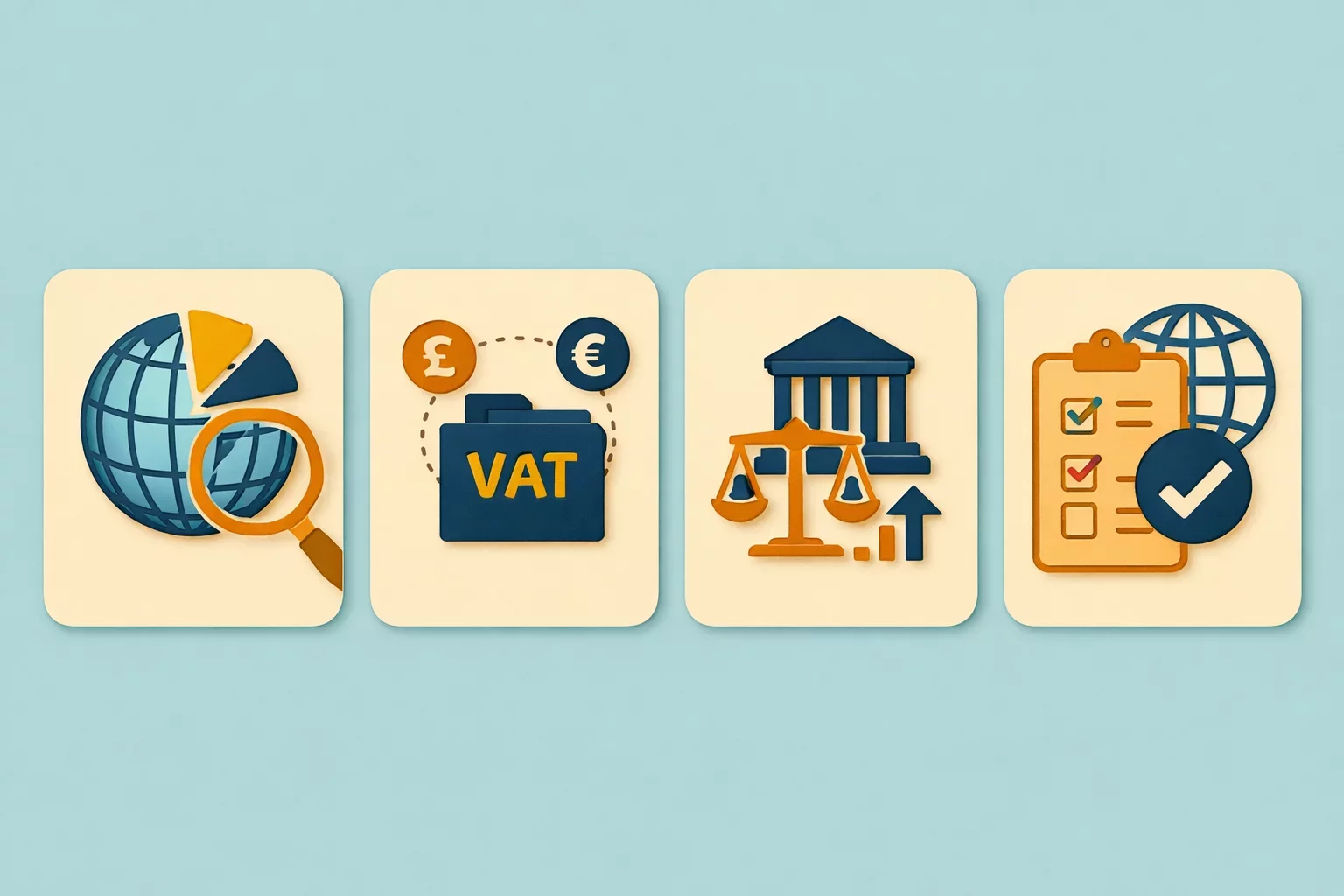

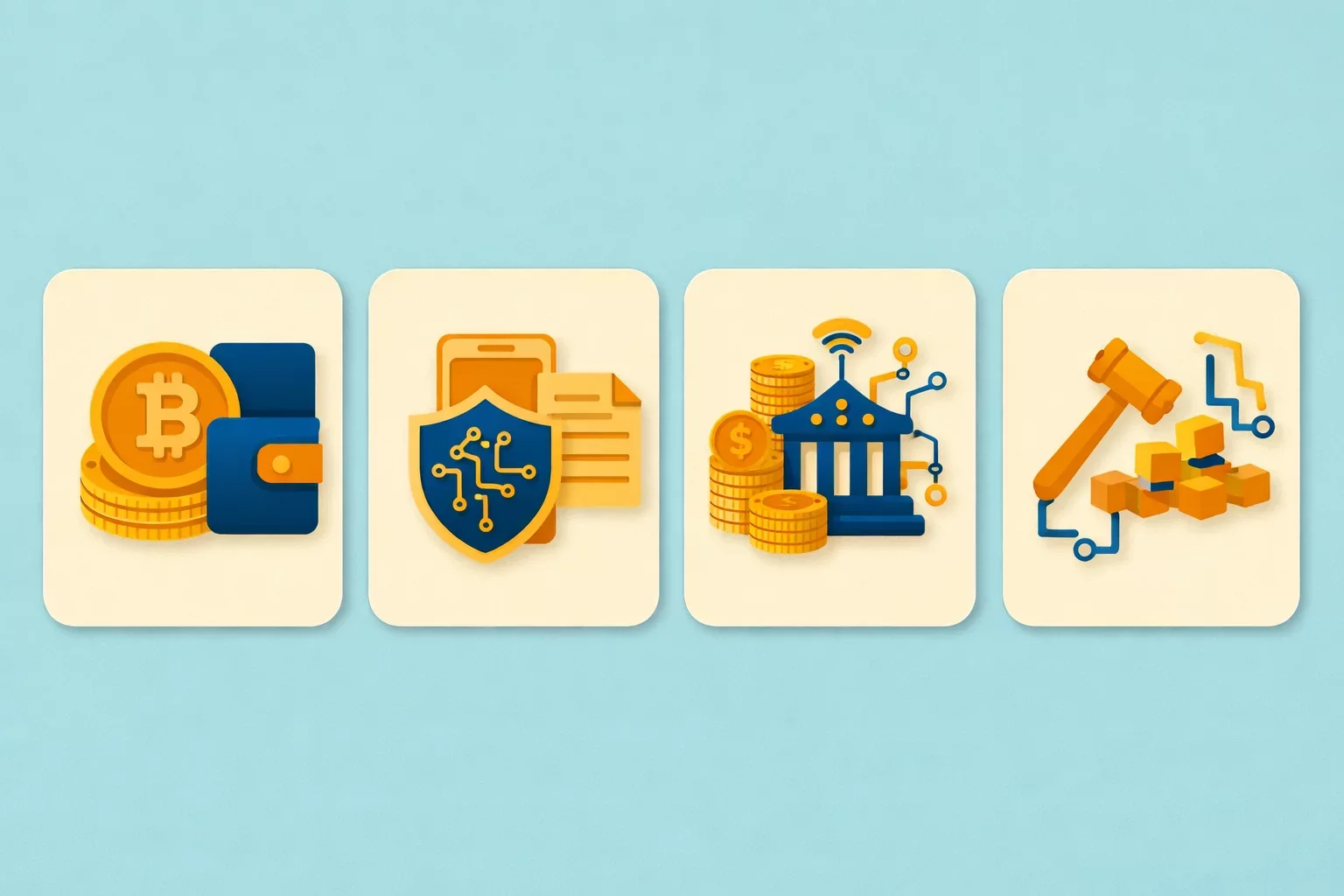
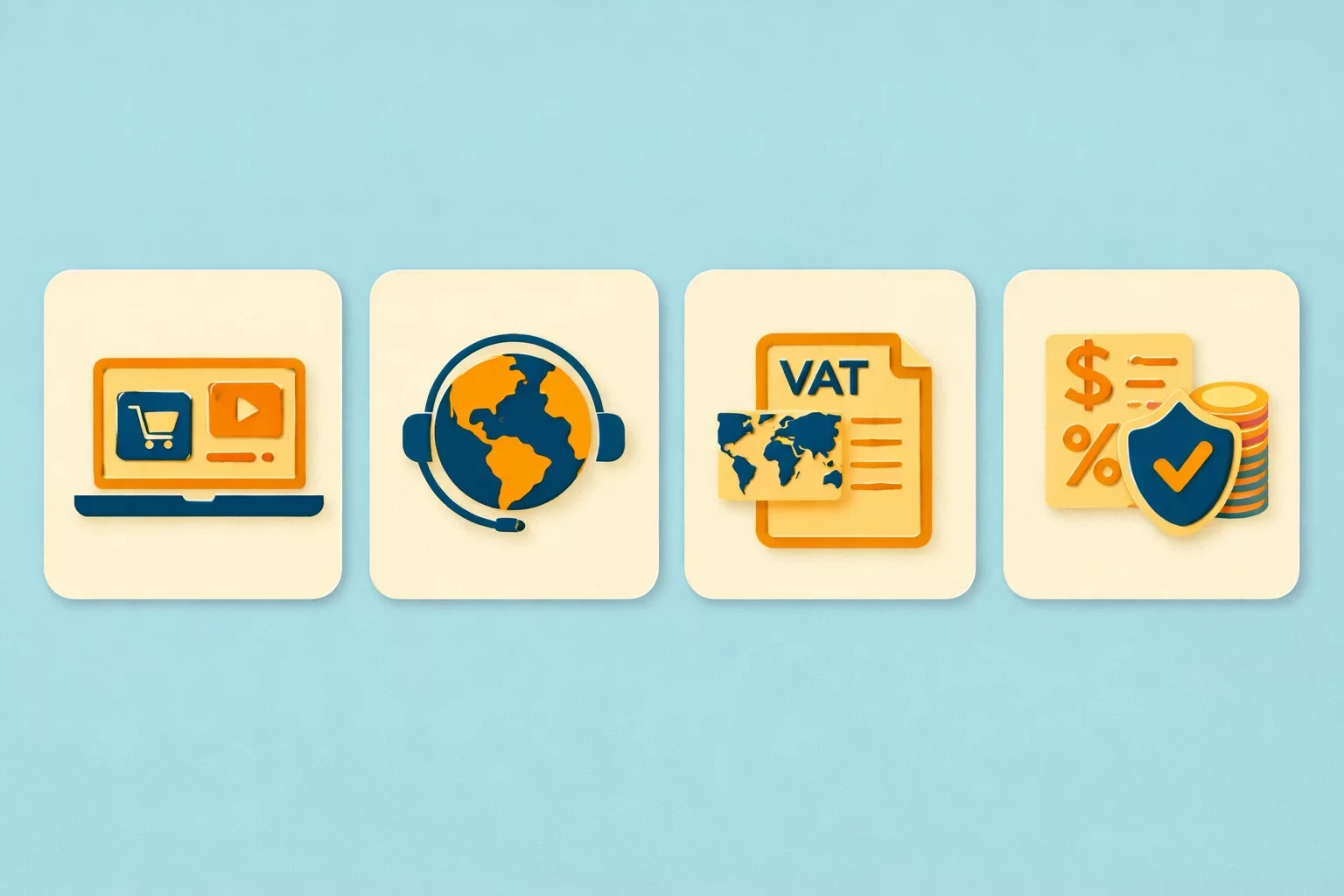


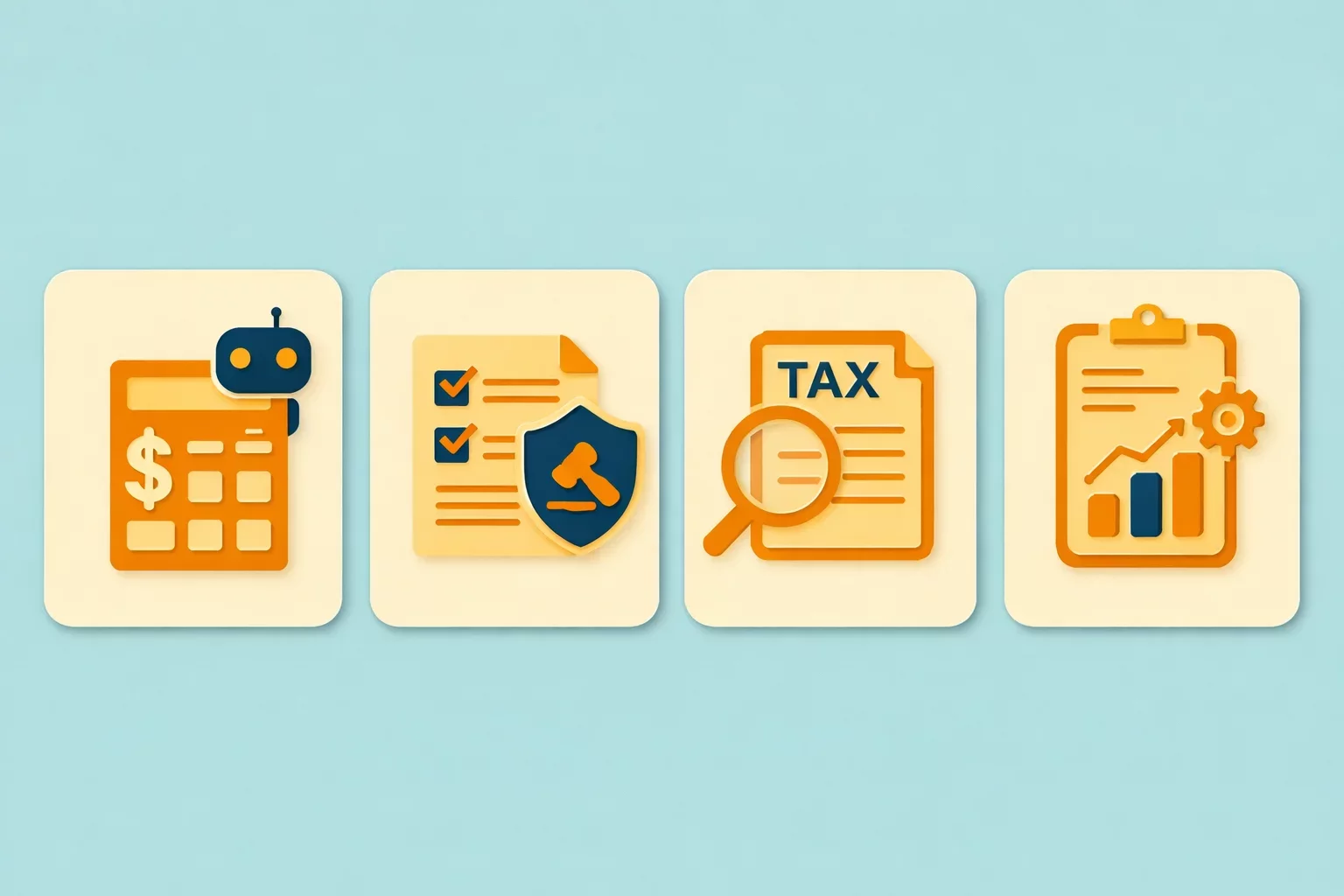



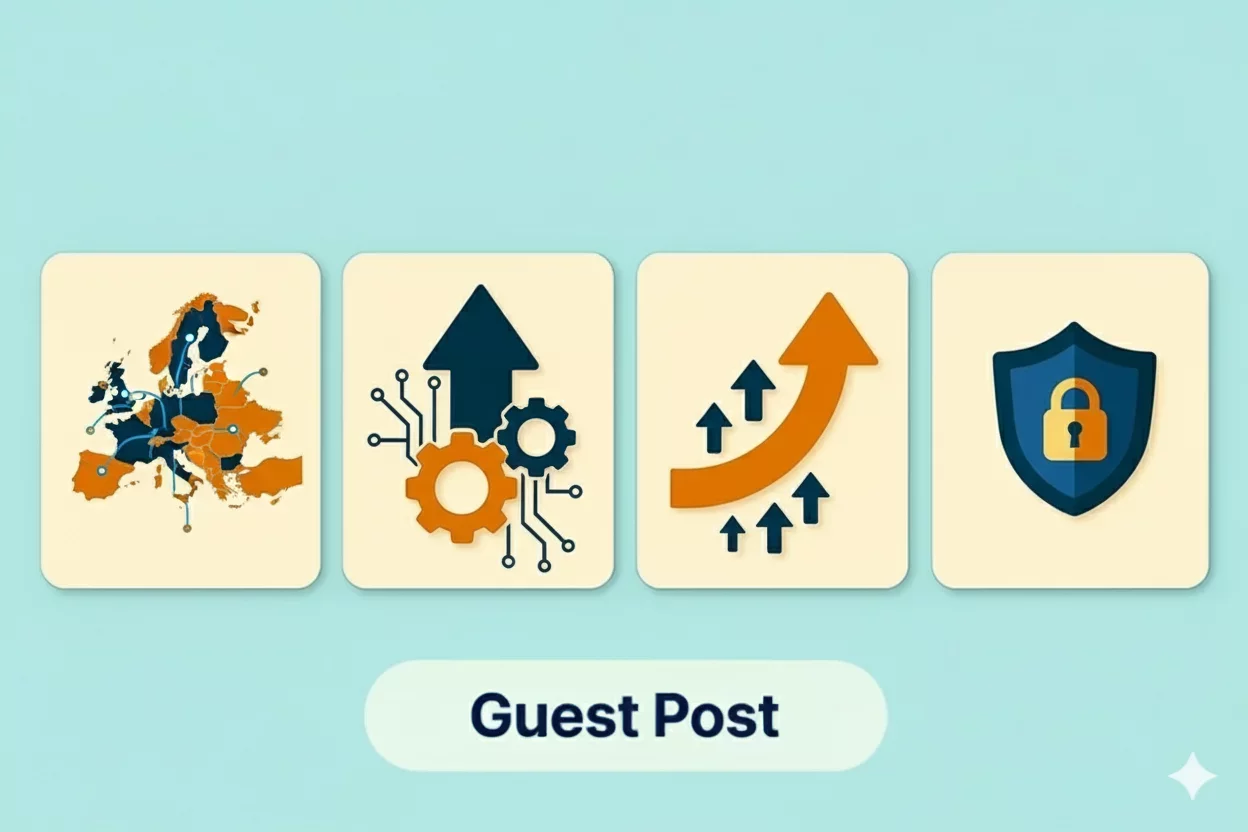

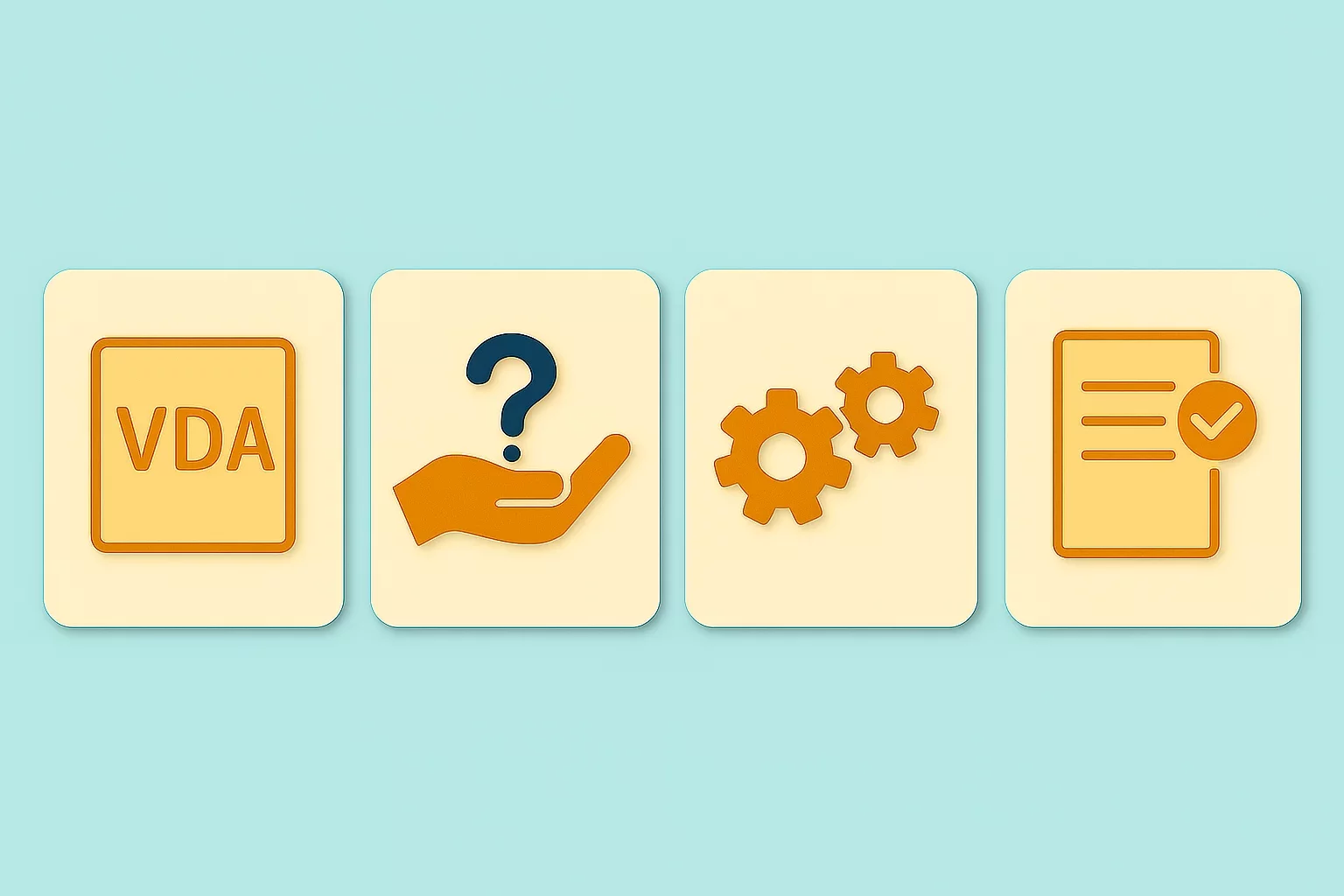


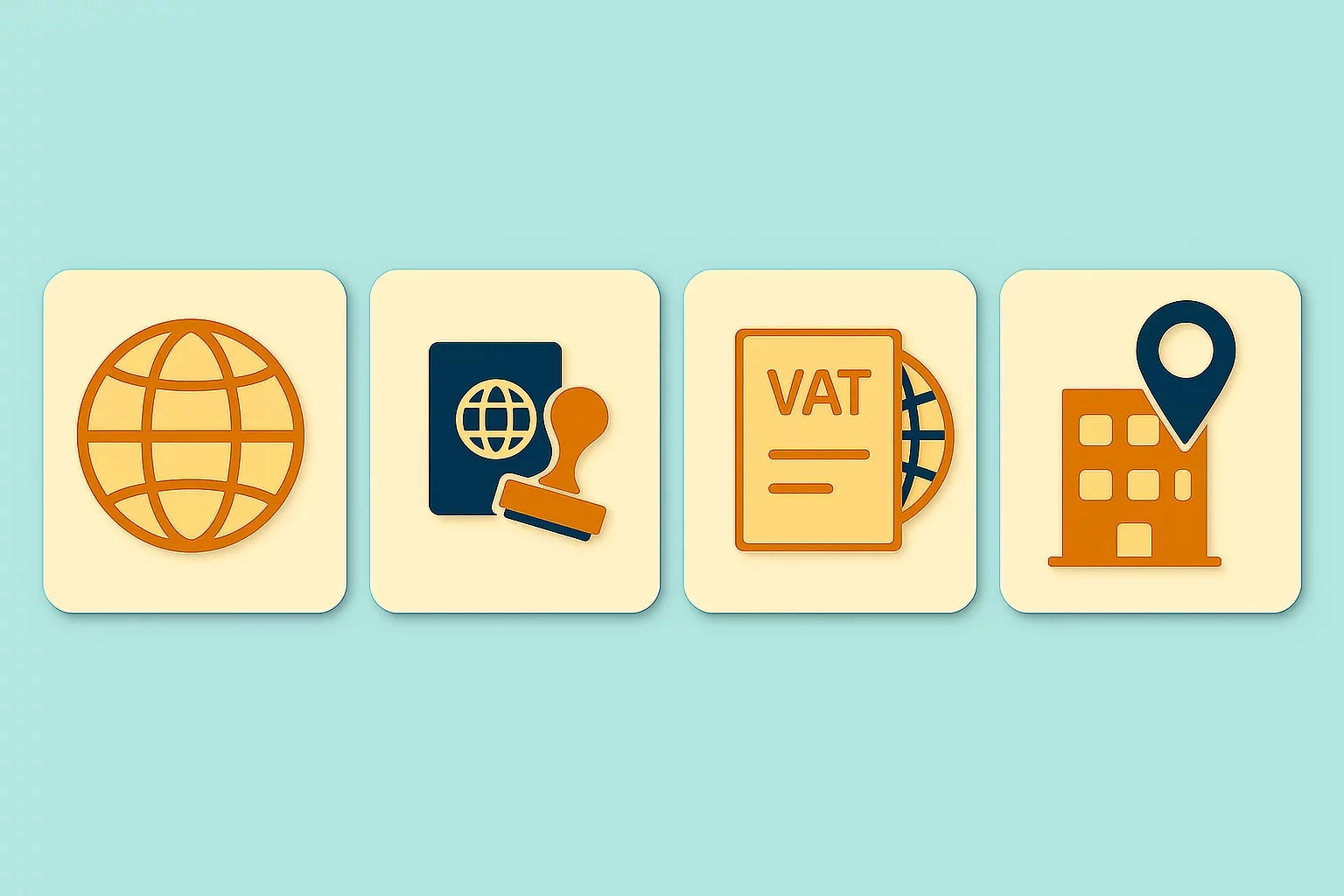













-7xdqdopxl6.webp)



-a9bz8kz2cs.webp)






























